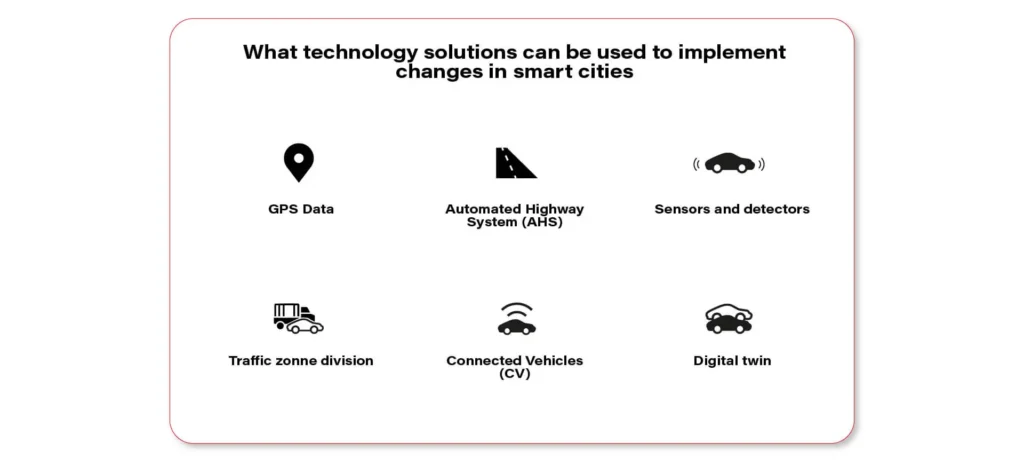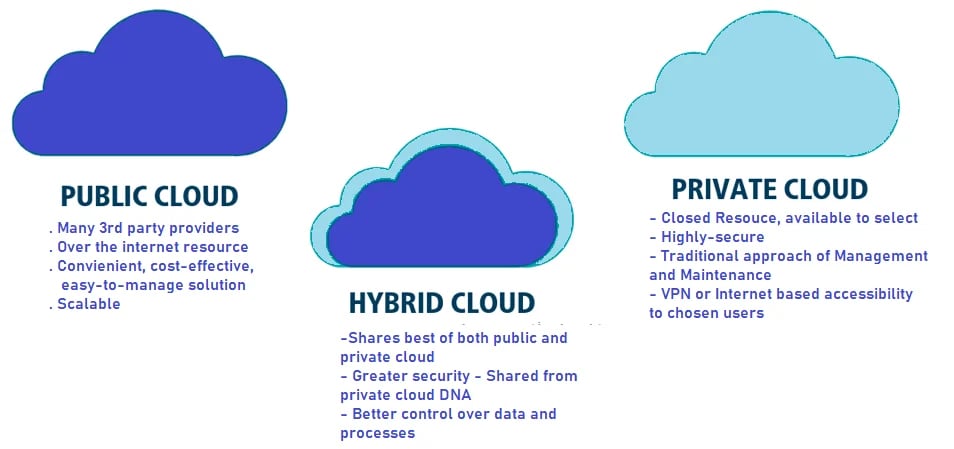People attribute information they found online to their own memory instead of the internet
[ad_1]
Human cognition is now so intertwined with the online, a understanding-sharing process that can be accessed any time any where, that the boundaries involving individual information (i.e., particular memory) and collective expertise (i.e., external on-line details) are getting more and more blurred. In other terms, men and women may well mistakenly consider that info they discovered on the net is from their particular memory.
New research published in the Proceedings of the Countrywide Educational of Sciences journal uncovered, in 8 research, exactly that: people today who used Google to reply inquiries had been extra confident in their understanding and memory than those people who did not use Google. Importantly, however, people who made use of Google exactly where no far more probable to be proper than those who did not.
The world’s most vital scientific breakthroughs have transpired not because of unique industry experts understanding every little thing on the matter, but due to the fact persons draw on and use know-how from other resources. “The frequency and facility with which men and women integrate others’ understanding into their have cognitive procedures also reveals that specific human cognition is not truly personal at all,” wrote analyze writer Adrian F. Ward. “Thinking, remembering, and knowing are frequently collaborative, a item of the interaction concerning inner and external cognitive assets.”
“As mentioned by cofounder Sergey Brin, Google is intentionally created to be a lot less like an exterior resource and additional like ‘the third 50 percent of your brain’—a expertise interface so seamless that searching feels like contemplating.”
In Experiment 1, members answered 10 standard knowledge questions either on their possess or making use of Google. They then concluded a cognitive self-esteem scale measuring how perfectly they perceived their cognitive abilities to be. Success confirmed that participants who made use of Google answered much more thoughts the right way, had been a lot more self-confident in their capability to accessibility exterior expertise and were being a lot more self-assured in their memory as opposed to individuals who answered issues on their individual. This indicates that individuals are attributing the information they located on Google to their have memory.
Experiment 2 was equivalent to Experiment 1 apart from that only half of the participants took the cognitive self-esteem measure. All participants have been then requested to predict how quite a few issues they would response effectively on a 2nd understanding check the place Googling was not authorized. Success show that those who did the initial take a look at with Google predicted they would know more on the next expertise exam than these who did the initially take a look at on their personal. As in Experiment 1, those who Googled were being more confident in their cognitive talents than these who did not use Google.
Experiment 3 sought to grow on Experiment 2. The technique was all round the very same other than members done two understanding exams and were being given the proper answers to the concerns. Then, they predicted how perfectly they would do on the 2nd test wherever they would not be equipped to use Google. Last of all, they took the next test. Benefits showed that all those who used Google to total the very first take a look at predicted they would carry out improved on the second exam, even without having entry to Google. Importantly, outcomes present that these contributors did not carry out far better on the second test in contrast to these who did not use Google at all. “These effects both equally give additional evidence that persons acquire own credit history for the knowledge contained in on-line lookup outcomes and spotlight how failure to appreciate the internet’s contributions may possibly lead to overconfidence,” Ward pointed out.
Experiment 4 differed in that contributors ended up assigned to a single of a few circumstances: Google, no Google, or no Google and bogus comments. In the third issue, members had been instructed they answered 8 out of 10 issues effectively. They ended up then asked irrespective of whether they agreed with this score to split participants into those people who did consider the phony score and individuals who did not. Success confirmed those people in the Google condition were being just as self-confident in their memory as those people who considered the bogus responses. On the other hand, those in the no Google situation were being as self-confident in their cognitive capabilities as these who did not think the fake suggestions.
In Experiment 5, members have been necessary to generate down their responses prior to they consulted Google. Final results present that people who wrote down their solutions ahead of Googling had decreased confidence in their cognitive skills and predicted they would know significantly less on a future understanding check in contrast to all those who merely Googled their responses as in the preceding experiments. “These outcomes recommend that the typical process of on the net lookup obscures the relative contributions of inner versus external awareness when the limits of own know-how are produced salient, people today no lengthier think they know what the world wide web understands.”
In Experiment 6, the Google research effects ended up delayed offering members a possibility to research their have particular memory for the solution while Google searches. The velocity with which Google works does not enable people today to really search their private memory for the answer. The 3rd problem was changed in this experiment to a Google delayed research problem wherever responses took 25 seconds to look. Results display that these who applied sluggish Google have been just as confident in their knowledge as those people who did not use Google. Even further, these who utilized sluggish Google did not forecast they would execute far better on a long term knowledge text when compared to people who did not use Google.
Experiment 7 expanded on the previous experiments by randomly assigning individuals to solution simple, medium, or tricky thoughts both with or with out Google. Replicating final results from the earlier experiments for the medium amount queries these who utilised Google imagined they were smarter, had greater memory, and predicted they would know a lot more in the upcoming than these who did not use Google. Google did not have an effect on these judgments for straightforward thoughts. For really hard questions, people who applied Google expected to know a lot more on equally hard inquiries in the long run compared to these who did not use Google.
Experiment 8 had individuals solution 50 basic expertise issues using possibly their individual knowledge, Google, or Wikipedia. Individuals in Wikipedia affliction ended up presented a immediate hyperlink to the applicable page. “Retrieving answers from Google might frequently really feel like ‘just knowing’ in contrast, encountering and sifting via extra contextual info when exploring for responses on Wikipedia might serve as a salient reminder that this expertise originated in an exterior source.”
They had been then introduced with 70 issues (50 currently found, 20 new queries) and questioned whether or not they answered the question employing their own know-how or the Online. Outcomes present that participants who applied Google were being less correct at figuring out the supply of information and facts than individuals who utilised Wikipedia. Further, all those who Googled have been a lot more probable to attribute on line info to their personal memory than people in the Wikipedia issue. “These effects suggest that seamless link to on-line facts does not just blur the boundaries concerning interior and exterior knowledge—at times, it may erase these bo
undaries entirely, foremost folks to consider that information and facts found on the internet was in fact located inside their personal skulls,” Ward concluded.
Entirely, final results from these experiments suggest certainly that relying on Google for information may possibly blur the strains among information and facts we know and data we know we can quickly retrieve on the net.
[ad_2]
Source link







